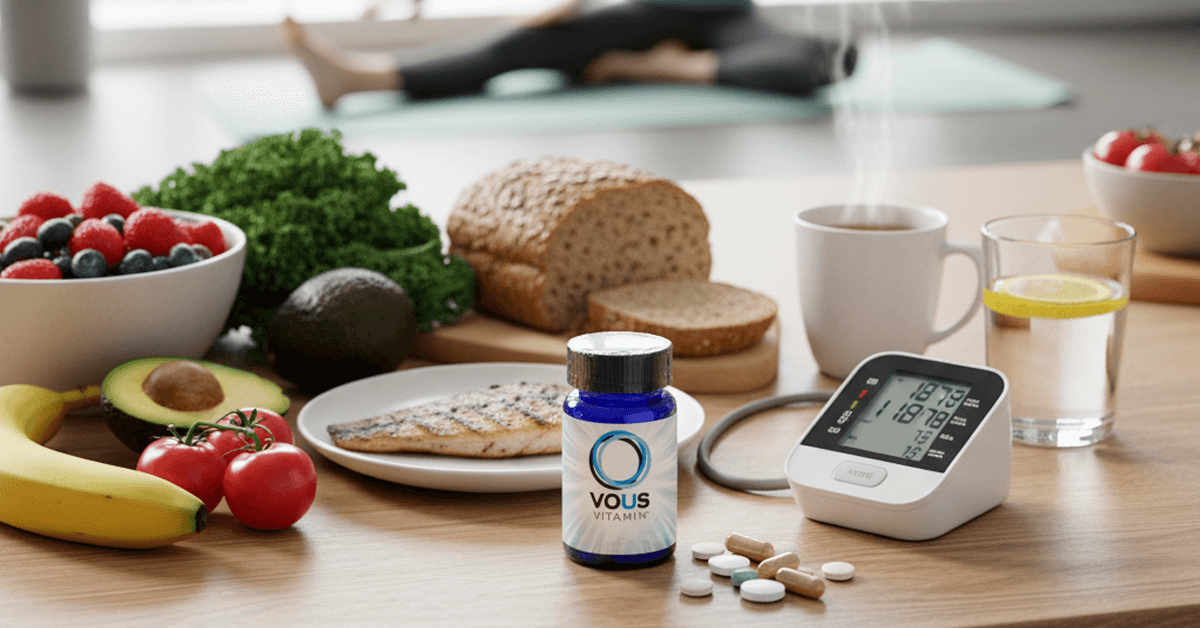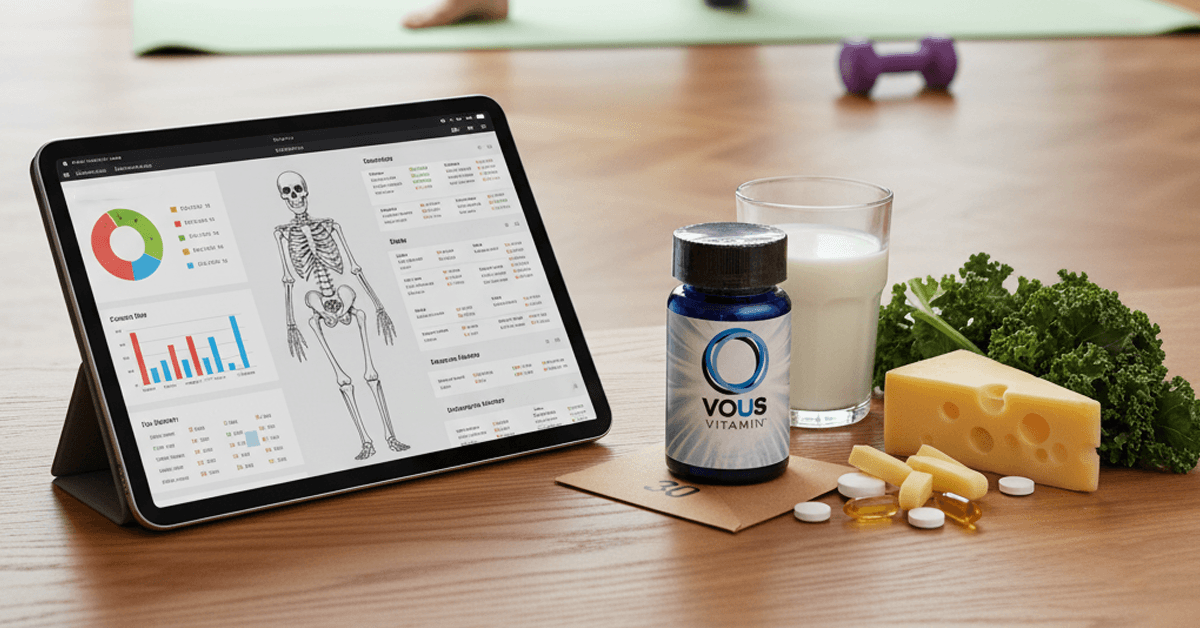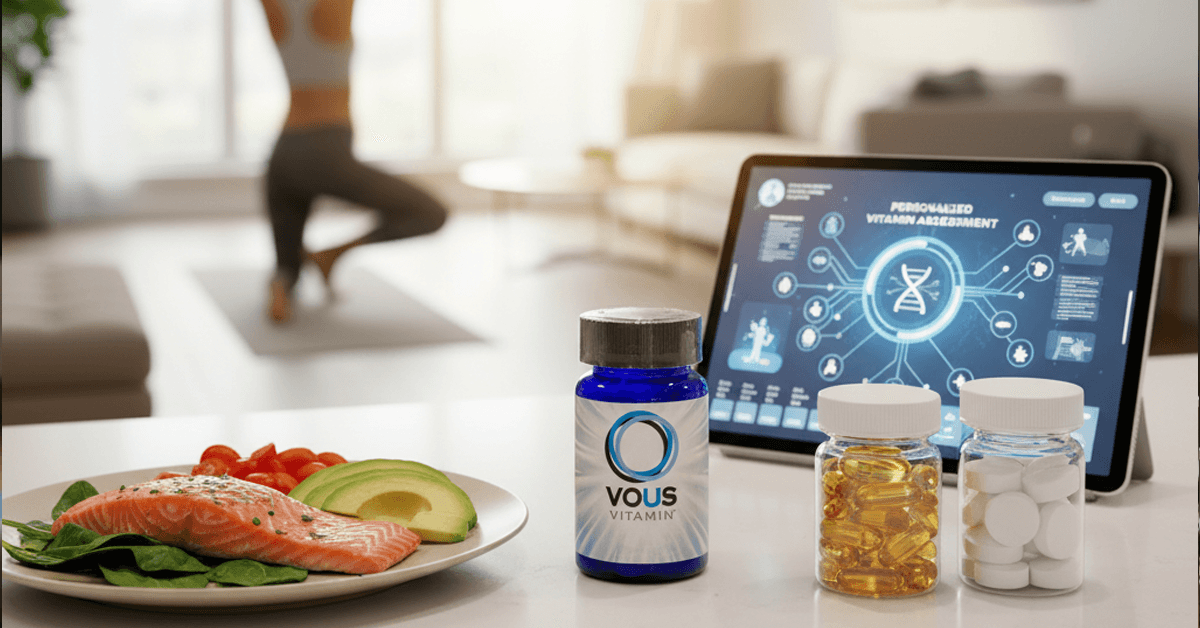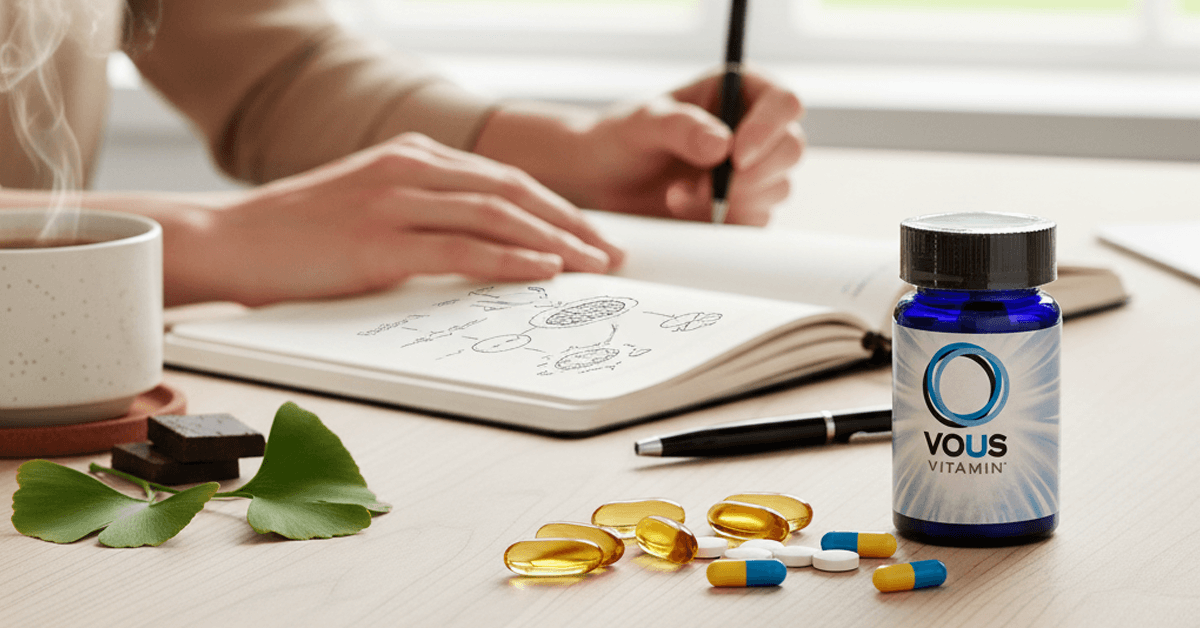

While anxiety symptoms can be treated and prevented using a number of vitamins, depression can also be alleviated by several vitamins and supplements. A personalized vitamin approach is essential to find the right blend. The role of prescription medication in treating depression is similar to anxiety though some of the actual agents’ uses vary slightly. The concept of daily medication should be discussed with your health-care provider. Additionally psychotherapy should also be considered, either individually or in a group setting, since many studies and our experience shows that medication and therapy in combination tend to be more effective than either alone. Vitamins can often be used to enhance these modalities or, for some people, as a remedy for mild symptoms.
One key vitamin that can play a part in depression is vitamin D. In fact, we have seen many patients with vitamin D deficiency who felt depressed and felt their symptoms were much improved with repletion of this nutrient. It is interesting that one source of vitamin D is the sun and many people suffer from Seasonal Affective Disorder, a condition where they become more depressed during winter months.
Replacing vitamin D should therefore be a year-round affair. The fat-soluble nature of this vitamin makes it slow to build up levels, and it’s important to maintain them with supplemental D in preparation for the winter months. That is because it must make its way into fat and remain stored there. In 2015 some evidence was found to suggest a link between vitamin D and serotonin production. Serotonin is the mood-enhancing neurotransmitter that many antidepressants aim to increase.
Vitamin B12 and folic acid may be useful in the treatment of depression. We previously discussed their role in reducing anxiety, and there seems to be good data to suggest an association with low levels of these B vitamins and depression. Thus, correcting them only makes sense. Another B vitamin, B1 or thiamine, is also known to play a role in the nervous system, and its deficiency is also associated with symptoms that can mimic depression.
When speaking of depression, another often talked about supplement is St. John’s wort. This plant-derived herb has been touted for its miraculous mood-boosting effects. However, the data is not so compelling, nor is our clinical experience. Rather, we have seen its dangerous effects (often when combined with other medications such as traditional antidepressants and migraine therapies). St. John’s wort can cause serotonin syndrome, and we have seen numerous cases of liver function abnormality when people take this type of supplement alone or in combination with other medications. We do not find this supplement worth the effort or the potential risks when looking to aid those suffering from depression.
Omega-3s, which may help with anxiety, might also play an important role in depression, though precisely why they help remains unknown (perhaps the anti-inflammatory effect). These are generally well-tolerated in the form of fish oil or flaxseed oil and can be a useful addition to a vitamin regimen. We advise no more than 2,000 mg daily from a pure and reputable brand. Omega-3s seem to play a role in treating so many inflammation-mediated processes including cardiovascular disease and arthritis.
Take your personalized vitamin assessment to determine which vitamins might be right for your profile.


In a world where health should require an individualized approach by each person, generic multivitamins often cannot provide the same nutrients that your body really


For years, people have relied on generic vitamins hoping to fill nutritional gaps. However, what was working just a few decades ago does not suit


The majority of the population buys generic vitamins at the store with the hope that they will meet the nutrient requirements. However, the truth is


As individuals increasingly shift toward proactive health and wellness grounded in data, individualized approaches are sought to draw from, rather than antiquated, generic, one-size-fits-all multivitamins.
| Cookie | Duration | Description |
|---|---|---|
| cookielawinfo-checkbox-analytics | 11 months | This cookie is set by GDPR Cookie Consent plugin. The cookie is used to store the user consent for the cookies in the category "Analytics". |
| cookielawinfo-checkbox-functional | 11 months | The cookie is set by GDPR cookie consent to record the user consent for the cookies in the category "Functional". |
| cookielawinfo-checkbox-necessary | 11 months | This cookie is set by GDPR Cookie Consent plugin. The cookies is used to store the user consent for the cookies in the category "Necessary". |
| cookielawinfo-checkbox-others | 11 months | This cookie is set by GDPR Cookie Consent plugin. The cookie is used to store the user consent for the cookies in the category "Other. |
| cookielawinfo-checkbox-performance | 11 months | This cookie is set by GDPR Cookie Consent plugin. The cookie is used to store the user consent for the cookies in the category "Performance". |
| viewed_cookie_policy | 11 months | The cookie is set by the GDPR Cookie Consent plugin and is used to store whether or not user has consented to the use of cookies. It does not store any personal data. |